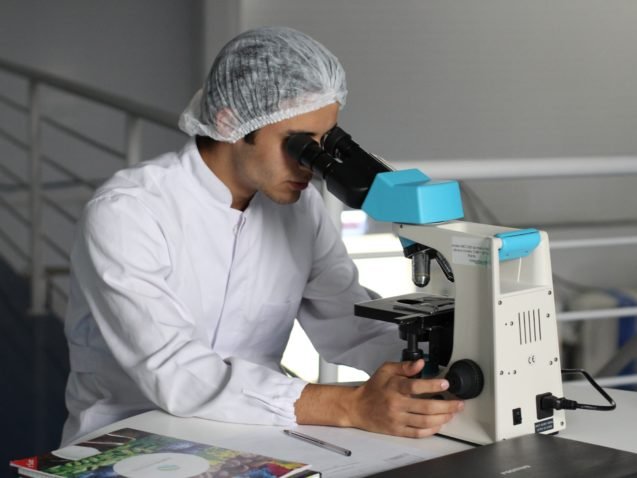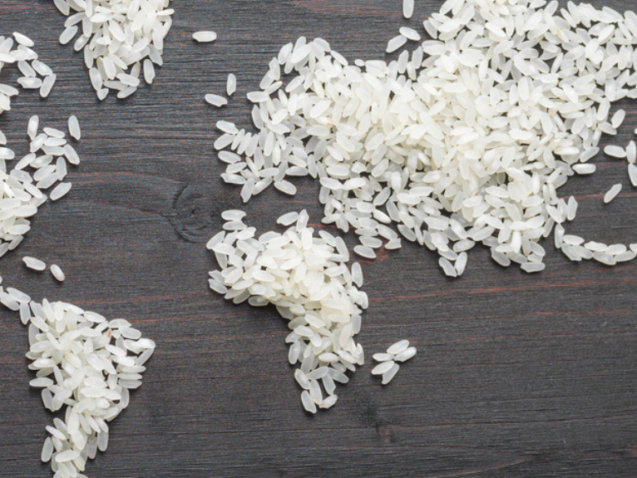
Food fraud is an unacceptable, criminal activity and the food industry is working hard to fight against it. FoodDrinkEurope members are committed to fight against food fraud for the protection of consumers and robust food supply chains.
Fraud involves the deliberate, intentional substitution, addition, tampering, deception, or misrepresentation of food and drink products, as well as misleading ingredients, packaging, labelling, and information for economic gain.
Not only does it erode consumer trust, but it can cause inadvertent harm to people as fraudsters might ignore the risks of toxicity and allergenicity in their drive to make a profit. The impact of food fraud stretches far beyond consumers and creates unfair practices in the food trade, damaging the entire supply chain.
Preventing food fraud helps us protect consumer health and confidence and ensures the continuity of a sustainable supply chain which provides consumers with choice, affordability and consistent quality and supply.
Supply chain actors and market regulators are urged to be vigilant in identifying food fraud. The ability to recognise fraudulent activity presents a challenge, not only due to the various forms it can take but also owing to the need to distinguish deliberate acts from accidental or unintentional ones. Thus, FoodDrinkEurope supports the development of a food fraud risk management system incorporated into the food safety and quality procedures. This includes checking raw materials, ingredients, and products as well as packing and supplier information for any discrepancies or abnormalities.
Tackling food fraud means maintaining and developing legislative framework and enforcement activities that tie in with global initiatives like the FAO/WHO Codex Alimentarius, which sets out standards, guidelines and codes of practice for securing food safety.
The new rules of the Official Controls Regulation (EU) No. 2017/625, applicable since 14 December 2019, will help combat food fraud. It provides a risk-based approach to controls and food fraud is now considered part of risk assessments.






